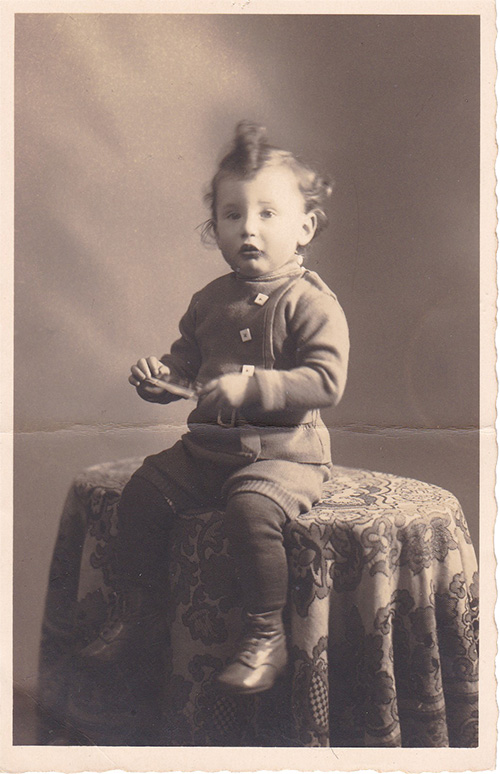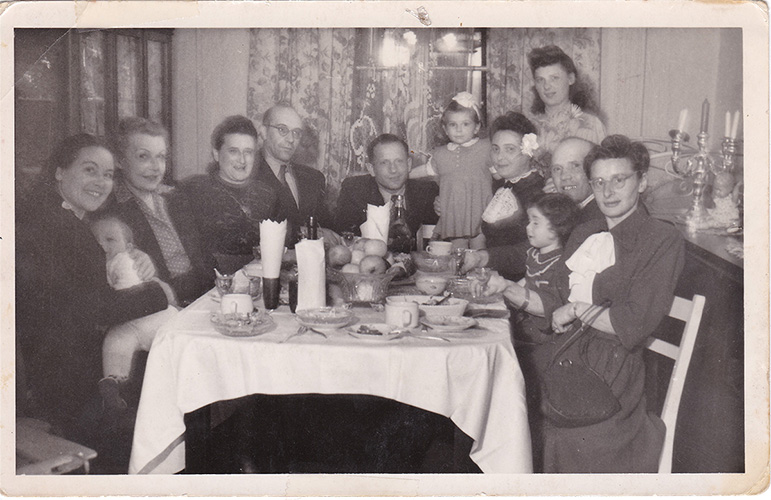The Holocaust was one of the darkest chapters in human history. How can we teach it effectively?
The United States Holocaust Memorial Museum has ten core guidelines it offers to educators who teach the Holocaust.
- Start with a strong foundation: define the term “Holocaust.”
- Explain that the Holocaust wasn’t inevitable–it could have been prevented.
- Although it can be tempting, avoid simple answers to complex questions.
- Strive for a precision of language. Words matter.
- Strive to balance the perspectives you use in the classroom. Most primary sources from the Holocaust come from the perpetrators. Encourage questions about history, authorship, and power.
- Avoid comparisons of pain. No person is more valuable than another.
- Avoid romanticizing history. Every second is both complicated and alive.
- Contextualize what you teach. Make sure your students know where these events, figures, and ideas came from.
- Translate statistics into people. Six million deaths are almost impossible to fathom. But one person’s story isn’t.
- Make responsible methodological choices. Simulations should always be avoided.
Of course, there’s more to creating a powerful, sensitive discussion on the Holocaust than these ten steps.
Want additional guidance on how to best teach the Holocaust in your classroom? Reach out to us at info@ahecinfo.org. We’re happy to help answer questions, discuss strategies, and give you all the resources you need to craft a meaningful lesson.
And last but not least, a warning | Dear Teacher…
This message to educators was written by Holocaust Survivor and child psychologist Dr. Haim G. Ginott. Published in his book Teacher and Child in 1972, it is a vivid reminder of the power educators hold–and how crucial their responsibility is.
Dear Teacher,
I am a survivor of a concentration camp. My eyes saw what no man should witness:
Gas chambers built by learned engineers. Children poisoned by educated physicians. Infants killed by trained nurses. Women and babies shot and burned by high school and college graduates. So, I am suspicious of education.
My request is: Help your students become human. Your efforts must never produce learned monsters, skilled psychopaths, educated Eichmanns. Reading, writing, [and] arithmetic are important only if they serve to make our children more humane.


